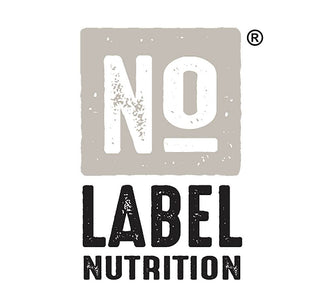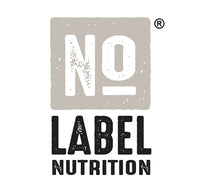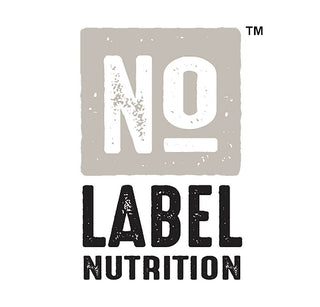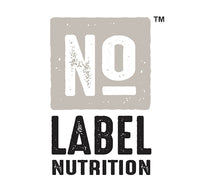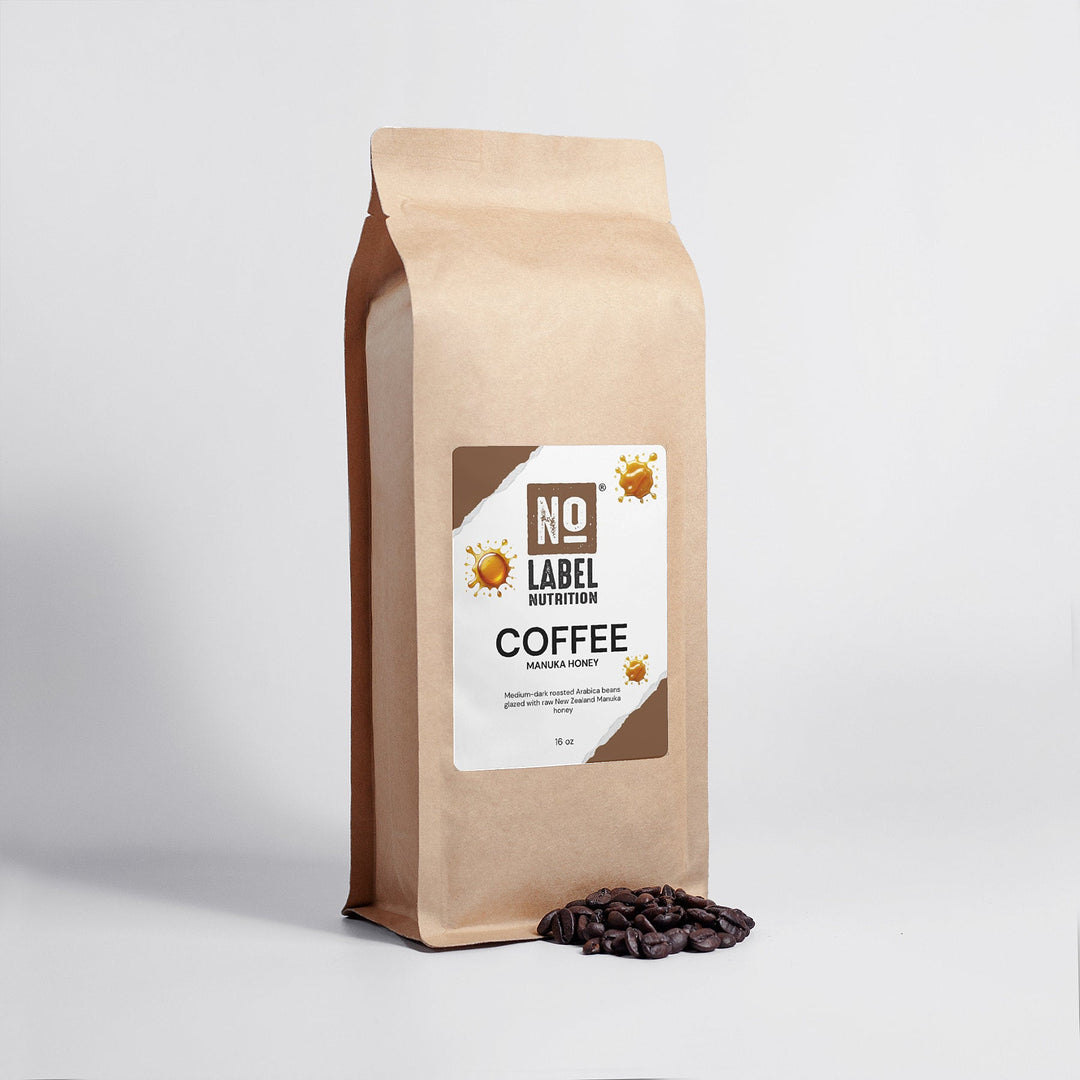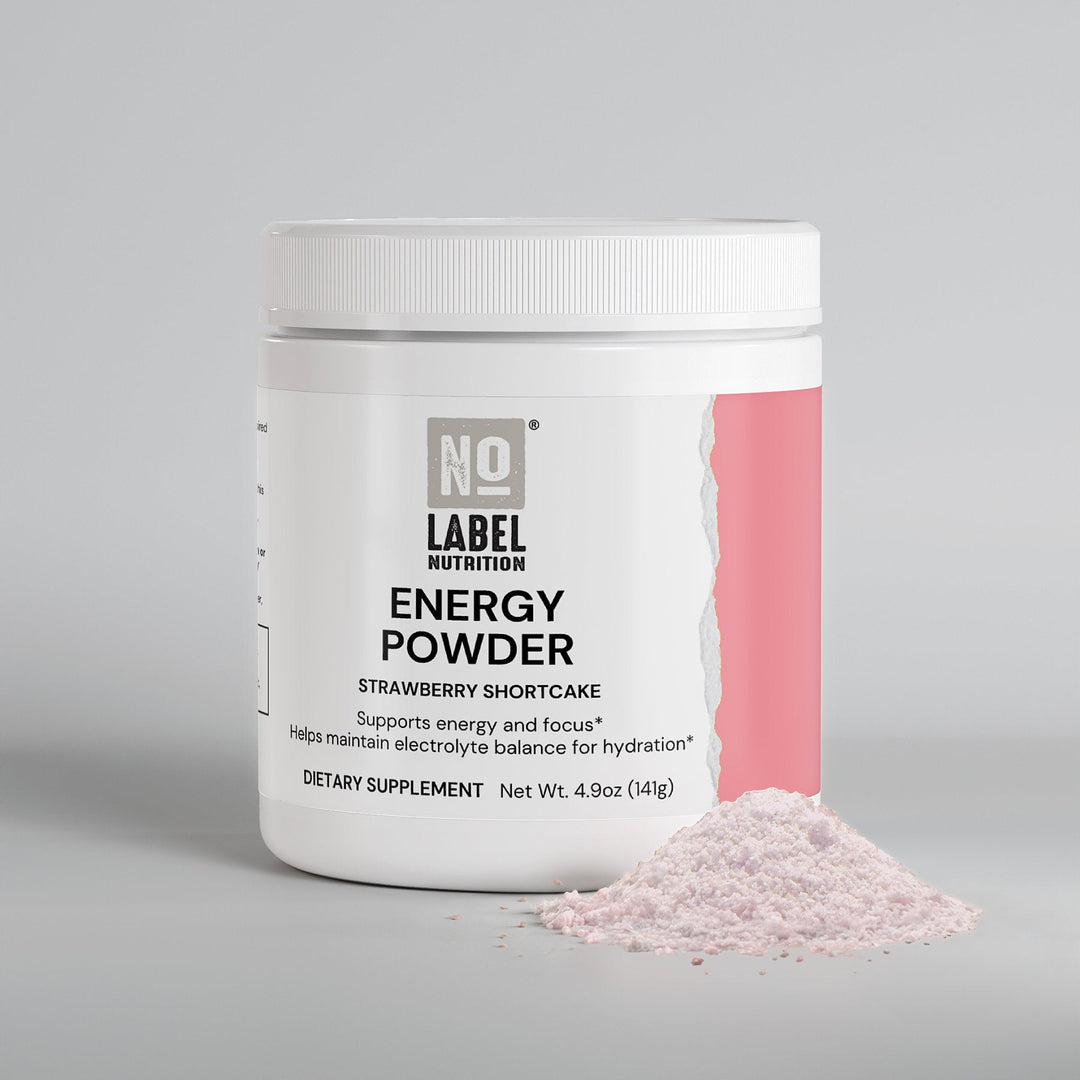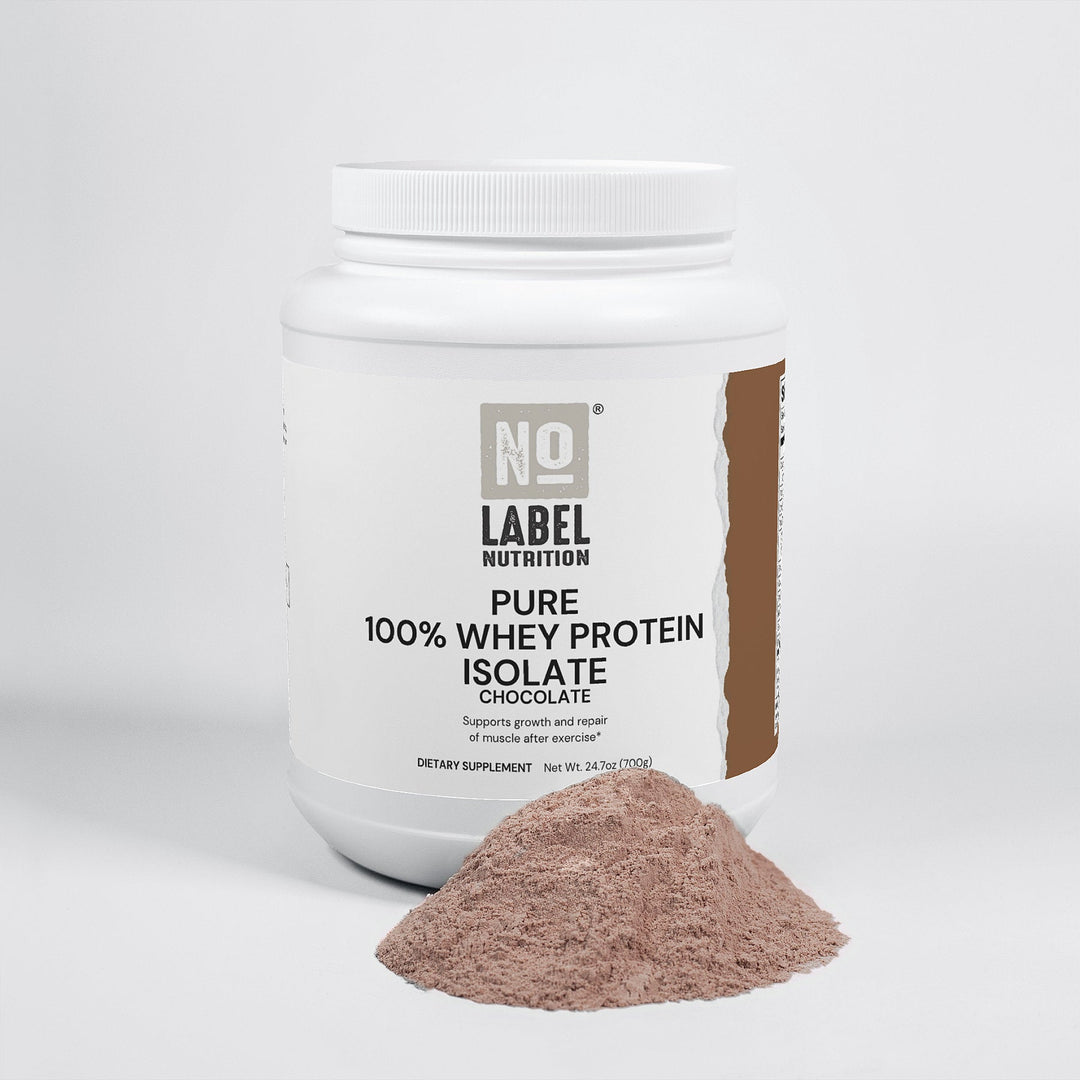Weight Loss Made Simple: A Guide By No Label Nutrition™

At No Label Nutrition™, we're dedicated to guiding you toward sustainable weight loss and a healthier lifestyle. Our comprehensive approach combines cutting-edge technology with proven nutritional principles to help you achieve and maintain your health goals. This expanded guide dives deeper into our nutritional recommendations, providing you with the knowledge and tools to nourish your body effectively throughout your clinical nutrition program and beyond.
Embracing the 80/20 Principle: A Balanced Approach
The 80/20 Principle for Weight Loss is central to our philosophy. This approach encourages you to consume nutrient-rich foods 80% of the time while allowing for indulgences 20% of the time. It's a strategy designed for longevity, ensuring you can enjoy life's moments without derailing your health goals.
Practical Tip: Plan your week in advance, allocating meals that align with your health goals and identifying occasions where you'll allow yourself a treat. This planning helps maintain balance and prevents overindulgence. Also, we recommend aiming for a 90/10 approach as much as possible for even faster weight loss and health results, but 80/20 works very well!
Nutritional Cornerstones for Your Plate
Lean Protein: The Foundation of Your Diet
Protein is crucial for repairing and building muscle, especially after exercise, but also for giving you a felling of fullness. Including a variety of lean protein sources ensures you get a broad spectrum of essential amino acids. If you always feel like you’re hungry, it’s a good sign that you are not getting an adequate protein intake!
- Science Spotlight: Studies show that increasing protein intake can significantly boost metabolism and reduce appetite, facilitating weight loss. Aim for at least 0.8 grams of protein per kilogram of body weight daily, adjusting higher if you're active.
Vegetables: Nature's Multivitamins
Vegetables are low in calories but high in fiber, vitamins, minerals, and antioxidants. They're essential for digestive health, immune support, and chronic disease prevention.
- Actionable Advice: Aim to fill half your plate with vegetables at each meal. Experiment with different cooking methods like roasting, steaming, or raw salads to keep things interesting.
Healthy Fats: Essential for Well-being
Healthy fats are critical for hormone production, nutrient absorption, and brain health. They also provide a sustained energy source and help keep you feeling full.
- Nutritional Nuance: Incorporate a mix of monounsaturated, polyunsaturated (including omega-3s), and saturated fats in moderation. This variety supports overall health and can improve your lipid profile.
Fruits: Nature's Sweet Treat
After the initial 3-week period, reintroduce fruits focusing on those with a low glycemic index to minimize blood sugar spikes.
- Beneficial Berries: Berries are packed with antioxidants, vitamins, and fiber, making them an excellent choice for snacking or adding to meals without significantly impacting blood sugar levels.
Carbohydrates: Choose Wisely
Carbohydrates are the body's primary energy source, but the type and amount matter. Complex carbohydrates with high fiber content are digested slower, providing a steady energy release without the sugar highs and lows.
- Guided Choice: Start by replacing refined carbohydrates with whole-grain and fiber-rich alternatives. Monitor your body's response and adjust intake based on your activity level and weight loss progress.
Dairy: A Delicate Balance
While some dairy products can be part of a balanced diet, it's important to choose wisely. Fermented dairy like yogurt and kefir can offer probiotic benefits.
- Consideration: Opt for low or moderate fat dairy options and be mindful of potential lactose intolerance or sensitivity, adjusting your intake accordingly.

Photo Credit: Shutterstock
Hydration: Essential for Life
Hydration is about more than just drinking water; it's about ensuring your body functions optimally. Dehydration can mimic hunger, leading to overeating.
- Hydration Habit: Carry a reusable water bottle and set reminders to drink regularly throughout the day. Consider adding lemon or cucumber for flavor variation.
Exercise: The Perfect Partner to Nutrition
Exercise is not just about burning calories; it's about building a stronger, more resilient body. Combining cardiovascular exercises with strength training provides comprehensive health benefits.
- Motivational Move: Find an activity you enjoy, whether it's dancing, cycling, or yoga. Enjoyment is key to consistency.
Caloric Deficit: The Weight Loss Equation
Creating a caloric deficit is necessary for weight loss but should be approached thoughtfully to ensure nutritional needs are met.
- Caloric Calculation: Use a basal metabolic rate (BMR) calculator (or just ask your health coach what your BMR is) as a starting point to estimate your daily calorie needs. Adjust your intake based on your activity level and weight loss goals.
Navigating Metabolic Adaptation
Metabolic adaptation is a natural response to weight loss. Periodically revising your diet and exercise plan can help mitigate its effects.
- Adaptive Strategies: Incorporate refeed days to temporarily increase calorie intake or change your workout routine to challenge your body in new ways.
Your Journey, Supported
Remember, at No Label Nutrition™, we're here to support you every step of the way. This guide is more than just recommendations; it's a roadmap to a healthier, happier you. Embrace the journey, celebrate your progress, and never hesitate to reach out to us for guidance and support.
Here's to your health, your happiness, and your success on this transformative journey!
